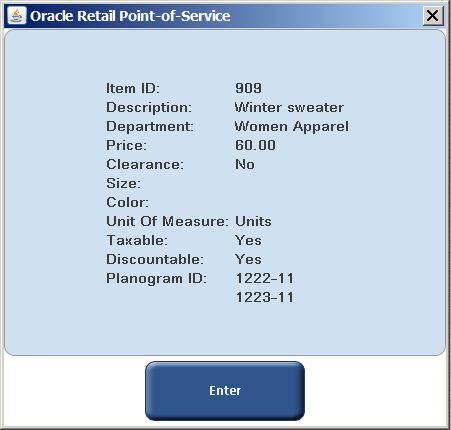

Serial Tenderingįor constant construction contracts, clients might try to reduce timescales and other risks by using framework agreements. In some cases, such as on public projects, negotiated tendering is not permitted, and contracts must be advertised. This can lead to conflict and power struggles during the work. Without healthy competition and an equal footing in the negotiations, reaching fair outcomes for all involved can be complicated and all encompassing. However, it can also remove the competitive element of tendering. Working with a supplier they already know can give confidence to the client and help reduce time and costs. For highly specialist contracts, or for extending existing contracts, negotiated tendering might be the best way forwards. This may be because they’ve worked together in the past, or they could be a specialist in the field. This occurs when a client reaches out to a single supplier. Furthermore, consultants or experienced clients will often have lists of ‘approved’ prospective suppliers, and they will need to work on keeping these up to date. However, it can create bias in the tendering process and exclude smaller suppliers, in turn stifling competition and innovation. It can be a faster process than open tendering as there is no need for pre-qualification questionnaires.

This process is more streamlined than the open tendering process and is often used for specialist works, or where only a few firms would be suitable. These suppliers will be assessed and approved as being able to complete the required work. Pre-selected potential suppliers are invited to tender. This method can give organisations more appropriate responses to their contract. For more information on these, see the dropdown below. Single-stage tendering is the more usual route, and means that all the information needed by suppliers to submit their tender is available when tendering commences. Open tendering can be single-stage or two-stage. It is important to note that a pre-qualification questionnaire, or a pre-tender interview, is not the same as selective tendering where only those from a pre-selected list can submit a tender.

As a result, they can greatly help reduce wasted time and energy in the tender process. The purpose of these are to ensure only those suitable for the request submit a tender.

Some clients may request a pre-qualification questionnaire, or a pre-tender interview. This provides new or emerging suppliers with more chance to win contracts. Open tenders typically provide an equal opportunity to any organisation to submit a tender. Therefore, for clients working through tenders it can take a huge amount of effort and time. Some suppliers may submit a tender even if they are considered unsuitable for the contract. This can encourage tenders from many suppliers. With open tendering, the contracts are first advertised, giving notice to anyone wanting to submit a tender.


 0 kommentar(er)
0 kommentar(er)
